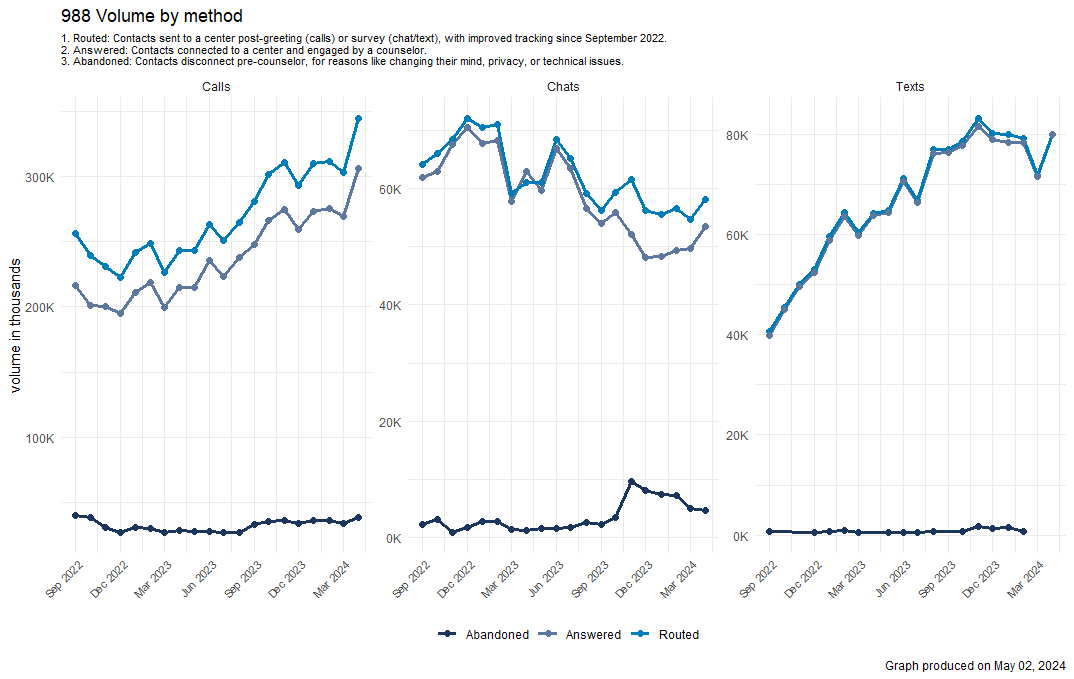Solutions
SAMHSA partnered with Aptive, a consulting company with extensive experience conducting national suicide prevention evaluations, including the Clay Hunt Act-mandated evaluation and report to Congress.
Evaluation and Data Collection Plan
The Aptive team created an evaluation and data collection plan that includes gathering feedback from local evaluators through virtual meetings and using an evaluation advisory panel (EAP) to provide oversight, guide evaluation design and ensure evaluation activities are shaped by people with lived experiences and those from historically harmed, excluded and marginalized communities.
The evaluation and data collection plan includes all instruments, measures and data collection protocols, as well as plans for data analysis, dissemination, human-subjects protections and the integration of feedback. The plan also describes grantee training and technical assistance (T/TA) to support evaluation participation.
Training and Technical Assistance
Aptive offers comprehensive T/TA to all grantees of 988 crisis continuum services. Using an evidence-based approach ensures grantees are well-equipped to participate in data collection without feeling
overwhelmed. A team of technical assistance liaisons (TALs) brings expertise in suicide prevention and evaluation methodologies informed by both professional knowledge and personal experiences. An annual briefing keeps TALs updated on the latest developments in the 988 Crisis Services Framework.
The T/TA framework developed by Aptive is grounded in best practices from development, capacity building and implementation science, all underpinned by expertise in suicide prevention. This structure aims to maintain active engagement in the evaluation process, enhance data quality, and promote the use of data by grantees for program improvement, dissemination and advocacy.
Data Repository
The Aptive team developed a scalable, customizable Crisis Services Program Data Center (CSPDC) to facilitate data collection, management and evaluation. This center acts as a hub for all data collection tools and processes, offering flexible options for new data protocols and integrating data from various sources.
Aptive’s expertise extends to maintaining and documenting system changes and ensuring data quality, integrity, security and confidentiality. The team adeptly handles both quantitative and qualitative data, performing tasks that include data validation, identifying anomalies, anonymizing data and ensuring overall data accuracy and consistency.



